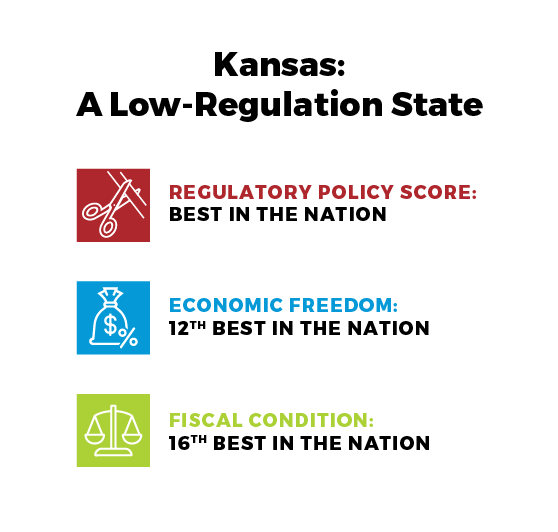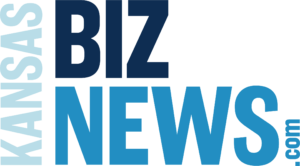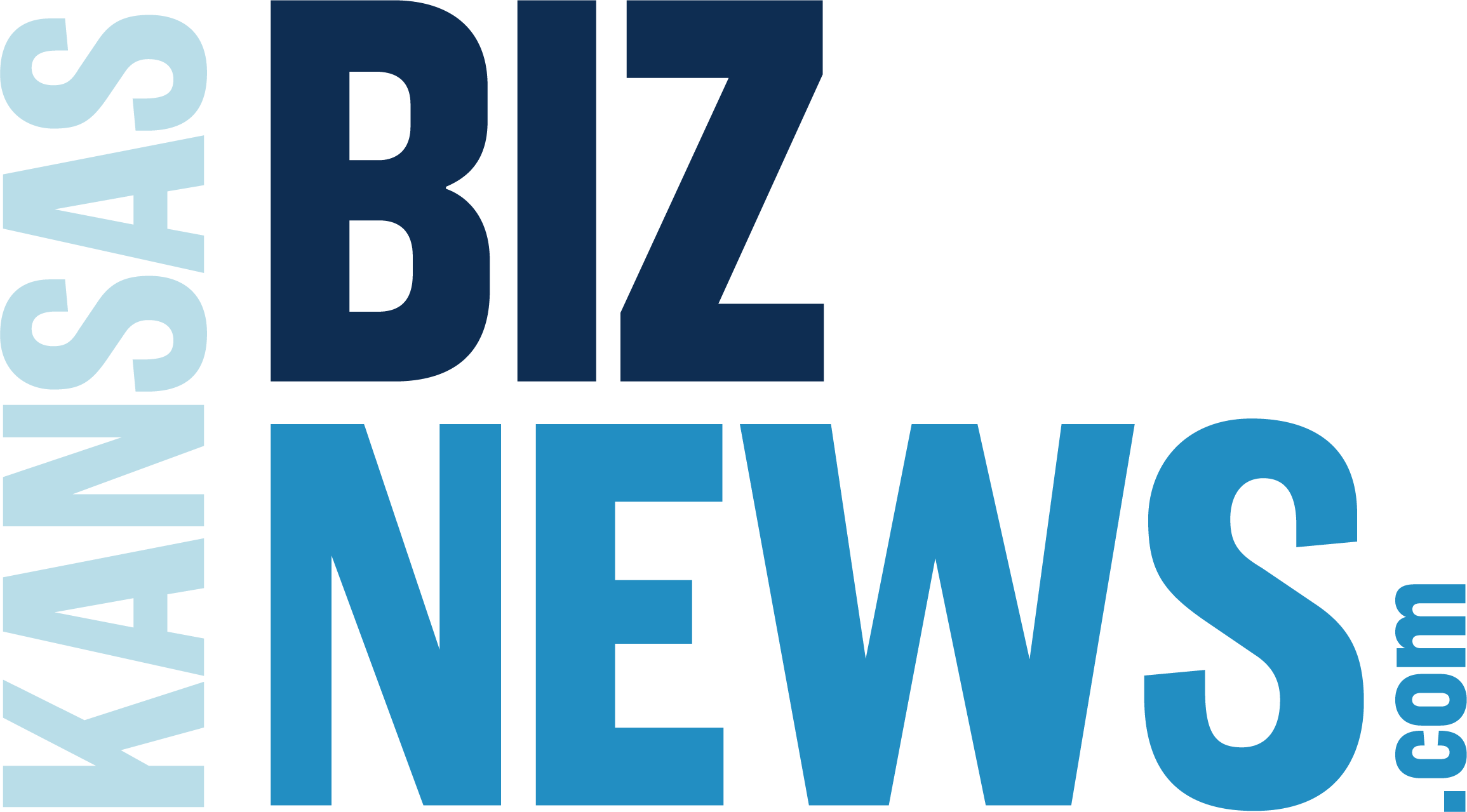The 2023 Kansas Competitiveness Blue Book compares data-driven information on the state’s economic health to the rest of the country on how it performs in a number of key indicators.
A project of the Kansas Chamber Education Foundation, Kansans are encouraged to use the Blue Book as a resource as we work together to remove barriers to our state’s business and economic success to increase prosperity for all Kansans.
This spotlight on how Kansas competes in Regulatory Affairs is the sixth of a series of eight spotlights.
Spotlight on Regulatory Affairs
Government regulations often impact a company’s profitability. Overburdensome mandates affect operations. The combination of regulations and mandates may even sway businesses to close or leave the state.

Kansas Carries on Tradition as a Low-Regulation State
Blue Book data point: Kansas has the best regulatory policy score in the nation.
Why it matters: Kansas routinely ranks well in the area of regulations because of its relatively minimal administrative code, its land-use freedom, and its right-to-work laws. It also has a fair civil liability system, reasonable occupational licensing, and no optional health insurance mandates. Still, there are more than 72,000 regulations on the books. This is an important contributing factor to an overall healthy business climate.
More Businesses Are Closing in Kansas than Opening
Blue Book data point: Kansas is 40th in the country for the entry rate of new businesses in the state.
Why it matters: There is a normal churn of businesses — openings and closings — in all states and all economies. However, when the rate of new business openings is lower than the rate of businesses exiting the marketplace, which is the case in Kansas, it indicates more entrepreneurial dynamism is needed for economic stability and success. Despite Kansas’ positive regulatory environment, other factors appear to be hindering business startup activity relative to other states.
Minimum Wage Status Quo Keeps Kansas Competitive
Blue Book data point: Kansas is tied for 31st in the nation for its minimum wage, along with 18 other states that have taken the same approach.
Why it matters: By keeping its minimum wage in line with the federal minimum wage, Kansas maintains its competitiveness for entry-level workers and gives businesses the flexibility they need to grow.
Takeaway
To support free enterprise, Kansas needs to safeguard its regulatory framework that protects the public without stifling competition. It is important to maintain regulatory certainty and push back on efforts to create unnecessary or overburdensome regulatory oversight.
For example, as cities and counties ban legal consumer merchandise and household products, we must not jump on the bandwagon. Patchwork policies make it difficult for Kansas businesses to keep up, particularly with the expenses involved in implementation of ever-expanding regulations.
Click here to read more about how Kansas competes in the 2023 Blue Book.



